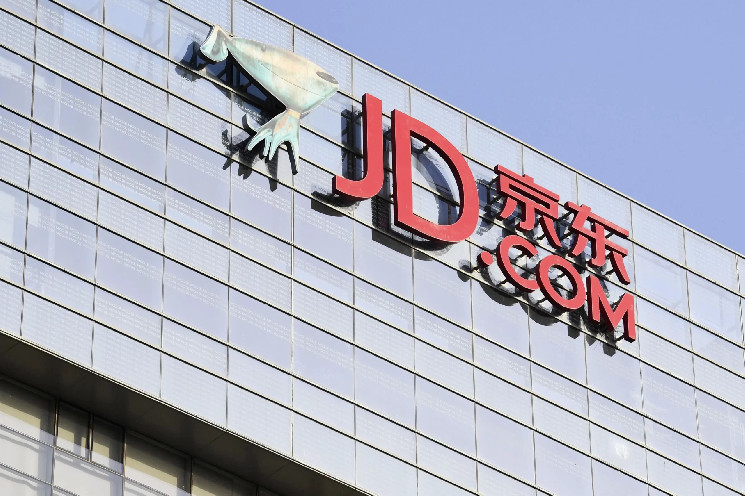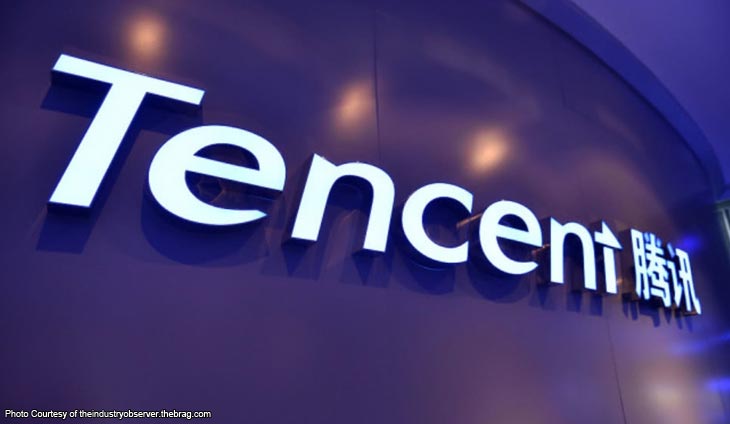You might also like
DealA Research: Sneakers Surpasses NFTs By A Staggering ROI
NFT Project Review: Ember Sword, The NFT-Driven MMORPG
The pledge to usher in new guiding proposals to bring clarity to the NFT sector involving the signatories was published by China Cultural Industry Association on June 30.
Although not legally binding, the pledge acknowledges existing crypto sector regulations guiding the country’s blockchain-based products. The industry players also agreed not to establish secondary marketplaces to fight speculation.
“The specific contents include that the platform should have the corresponding qualifications according to the law, ensure the security and controllability of blockchain technology, adhere to the real-name system, strengthen the building of intellectual property protection capabilities, and resolutely resist the prevention of financial and malicious speculation, advocating rational consumption,” the document read.
Proposals are not part of government stand
It should be noted that the proposal was crafted by an industry association and other market operators but does not represent the official government stand. According to current Chinese laws, digital collectibles are considered a separate market from the global NFT market and are exceedingly illiquid.
In addition, the companies are not permitted to establish a centralised marketplace to facilitate the bidding, matching or anonymous trading. However, the proposals do not specify if private transactions are also prohibited.
Notably, the pledge by the tech giants follows an earlier one by the country’s top financial institutions, both of which attempted to mitigate risks associated with the cryptocurrency sector.
Financial sector stance on NFTs
Under the National Internet Finance Association of China, China Banking Association and the Securities Association of China, NFTs are banned, especially for issuing financial products such as securities, insurance, loans, and precious metals.
Surprisingly, despite China’s strict stance on NFTs, Ant, Tencent, and JD.com have all entered the digital collectibles market. The companies launched their NFT marketplaces on private consortium chains where consumers could only make purchases in Chinese yuan.
The organisation recognised that digital collections are gaining popularity, hence the need to introduce risk controls.
 coinculture.com
coinculture.com

